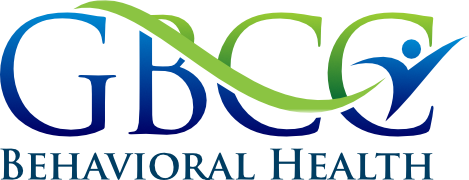Recently, the National Alliance on Mental Illness (NAMI) shared an article about how to determine the credibility of social media health “experts.” The article was a response to navigating the sea of mental health advice accounts that have popped up in droves on sites like Tik Tok and Instagram since the start of the COVID-19 pandemic.
The rise of social media has undeniably transformed the way we consume information, including mental health advice. With just a few clicks, we can access a plethora of posts, videos, and accounts claiming to be experts in the field. However, not all social media mental health experts are created equal. As users, it becomes crucial to navigate this vast landscape discerningly and determine the credibility of these individuals before absorbing their advice. In this article, we will explore effective strategies for assessing the credibility of social media mental health experts.

Consider qualifications and credentials
One of the first steps in determining credibility is to assess the qualifications and credentials of the expert. Do they possess relevant education, training, or experience in the mental health field? Look for indications such as degrees, certifications, licenses, or affiliations with reputable organizations. A legitimate mental health expert or organization is more likely to have a solid foundation of knowledge and expertise.
Are the authors using ethical practices?
Ethics play a vital role in the mental health profession. Responsible mental health experts prioritize the well-being of their audience and adhere to ethical guidelines. Look for signs of professionalism, such as respect for privacy and confidentiality, proper citation of sources, and avoiding harm through misinformation. A genuine expert will also provide appropriate disclaimers and encourage seeking personalized professional help when needed.
How are they engaging with the community?
Engagement with the online community is a valuable factor to consider. Credible mental health experts may actively interact with their audience, answer questions, and provide additional resources. They foster an environment of trust and empathy, promoting dialogue while acknowledging the limitations of online platforms. Assessing the expert’s engagement level can give you insights into their dedication and sincerity.
Look for peer recognition and validation
Recognition from peers within the mental health community can bolster an expert’s credibility. Look for endorsements, collaborations, or mentions from reputable professionals or organizations. Peer validation adds an additional layer of assurance and suggests that the expert’s work is respected and valued within their field.
Can you find insight to their longevity and consistency?
While a significant following on social media can be an indicator of expertise, it’s important to dig deeper. Assess the expert’s longevity and consistency in producing quality content over time. Evaluate the breadth and depth of their expertise and how well they adapt to emerging research and changing trends. Credible experts are dedicated to ongoing learning and growth.
Finding trustworthy experts to follow online
Navigating the realm of social media mental health experts requires a discerning eye. Assessing qualifications, consistency, accuracy, ethical practices, community engagement, peer recognition, and longevity can help determine the credibility of these individuals. Remember, mental health is a serious matter, and seeking guidance from qualified professionals should always be prioritized. While social media can provide valuable insights and support, critical evaluation is essential to separate trustworthy experts from those who may offer incomplete or misleading information.
